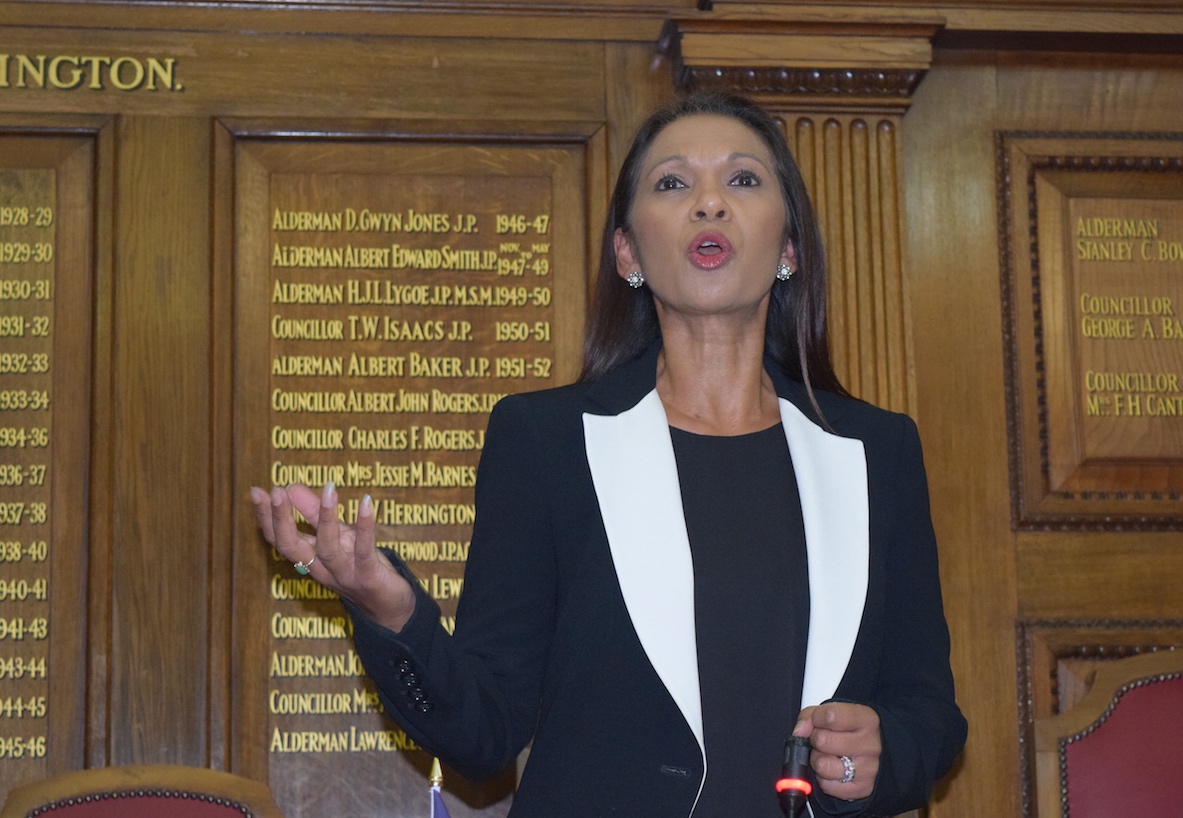We owe an incalculable debt to Gina Miller
Friday, 24th March 2017

Gina Miller
• EVERYONE who cares about parliamentary sovereignty, whether they are for Brexit or against it, owes an incalculable debt to Gina Miller.
Without her determined battle through the courts, the government would have had an entirely free run to steamroll through whatever form of Brexit it chooses, with Parliament left on the sidelines.
But Parliament seems determined to squander the opportunity that’s been so hard won for it. In settling for the government’s gun-to-the-head formula (either you accept whatever EU deal we come up with or you endorse crashing out of the EU with no deal at all), it has pretty well reduced Parliament’s role to a rubber-stamping body. Now we face the real risk of a very hard Brexit which only a small minority of the population supports.
How did we get to this? In a representative democracy, MPs are elected to exercise their judgement, to represent as best they can the interests of all constituents – not to be intimidated by the loudest and most aggressive voices in our print and social-media.
But ever since, without a whimper, the initial legislation was passed for a referendum with no constitutional safeguards, asking for a simple yes or no on one of the most complex propositions imaginable, MPs have been letting us down. Now they’ve voted against having any meaningful say on the terms of Brexit.
Will our MPs be equally accommodating when the government presents its Great Repeal Bill in a few weeks’ time? This – unless MPs amend it – is expected to grant unprecedented powers to the government quietly to dismantle rights and obligations we’ve acquired over the last 40 years, with a minimum of parliamentary oversight. Without Parliament’s vigilance, we face the stealthy erosion of workers’ rights, environmental protection, safety laws, consumer protection and much more. Is this what restoring parliamentary sovereignty amounts to? Who’s taking back control?
As Gina Miller said outside the High Court last November: “The result today is about all of us, it’s … about our United Kingdom and all our futures. It’s not about how anyone voted. Every one of us voted for the best country and the best future.” And then after the Supreme Court upheld the principle of parliamentary sovereignty: “Our case has nothing to do with politics – it concerns legal process and the constitution. It is not about if we leave the EU, it is about how we leave the EU.”
The fight isn’t over to ensure that Parliament can, and does, exercise its proper role.
P LAIDLAW
Address supplied